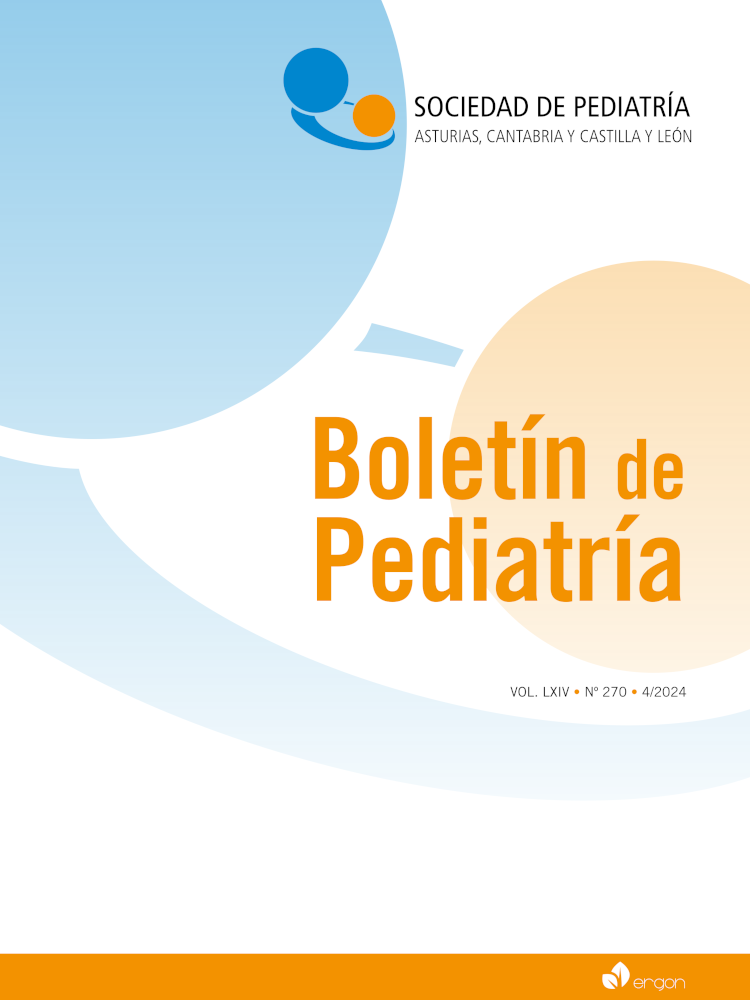Abstract
Introduction and objectives: Gamification is a pedagogical strategy that incorporates game elements into non-gaming contexts. In medicine, particularly in pediatrics, these methodologies aim to foster active learning and improve essential skills such as teamwork. This study evaluates the impact and satisfaction generated by an educational escape room workshop among healthcare professionals, comparing it to traditional learning methods.
Materials and methods: A cross-sectional observational study was conducted during the 2024 National Congress of the Spanish Association of Primary Care Pediatrics. Fifteen healthcare professionals completed an anonymous survey after participating in an educational escape room focused on pediatric gastroenterology. Collected data included demographic characteristics, prior familiarity with gamification, and workshop perceptions.
Results: Eighty-seven percent of participants reported they would repeat a similar workshop, and 66% rated the experience as excellent (9-10/10). The most valued aspects were active participation (90%), novelty (85%), and the creation of a safe environment to recognize errors (80%). Simulation was identified as the preferred method, while traditional lectures were deemed the least effective.
Conclusions: Escape rooms are perceived as a valuable educational tool that can complement traditional methodologies in pediatrics. Their interactive nature promotes engagement and experiential learning. Larger studies are needed to confirm these findings.
References
Van Gaalen AEJ, Brouwer J, Schönrock-Adema J, Bouwkamp- Timmer T, Jaarsma ADC, Georgiadis JR. Gamification of health professions education: a systematic review. Adv Health Sci Educ. 2021; 26(2): 683-711. https://doi.org/10.1007/s10459-020-10000-3
Pelletier J. Little patients, big tasks - A pediatric emergency medicine escape room. J Educ Teach Emerg Med. 2023; 8(4): SG1-19.
Guckian J, Eveson L, May H. The great escape? The rise of the escape room in medical education. Future Healthc J. 2020; 7(2): 112-5. https://doi.org/10.7861/fhj.2020-0032
Dimeo S, Astemborksi C, Smart J, Jones E. A virtual escape room versus lecture on infectious disease content: Effect on resident knowledge and motivation. West J Emerg Med. 2022; 23(1): 9-14. https://doi.org/10.5811/westjem.2021.12.54010
Grupel D, Wennstroem E, Moran-Gilad J. Escape room-the next generation of problem-based learning? Clin Microbiol Infect. 2022; 28(6): 768-70. https://doi.org/10.1016/j.cmi.2022.03.017
Gentry SV, Gauthier A, L'Estrade Ehrstrom B, Wortley D, Lilienthal A, Tudor Car L, et al. Serious gaming and gamification education in health professions: Systematic review. J Med Internet Res. 2019; 21(3): e12994. https://doi.org/10.2196/12994
Da Silva ML, Franco FF, Vieira JA, Da Silva JF, Santos GCSD, Da Cunha BM, et al. Using active learning strategies during a quality improvement collaborative: exploring educational games to enhance learning among healthcare professionals. BMJ Open Qual. 2024; 13(2): e002427. https://doi.org/10.1136/bmjoq-2023-002427
Vyas D, DelNero T, Bandy V, Yalamanchili J, Kaur N, Nguyen A, et al. Impact of just-in-time TeamSTEPPS training on team performance in a pediatric escape room interprofessional experience. Am J Pharm Educ. 2024; 88(3): 100653. https://doi.org/10.1016/j.ajpe.2024.100653
Abdulmajed H, Park YS, Tekian A. Assessment of educational games for health professions: A systematic review of trends and outcomes. Med Teach. 2015; 37(sup1): S27-32. https://doi.org/10.3109/0142159X.2015.1006609
Shah AS, Pitt M, Norton L. ESCAPE the boring lecture: Tips and tricks on building puzzles for medical education escape rooms. J Med Educ Curric Dev. 2023; 10: 23821205231211200. https://doi.org/10.1177/23821205231211200
Boggs K, Madhok M, Ahluwalia T. Development and design of a case-based virtual escape room on organophosphate toxicity for low resource settings. J Educ Teach Emerg Med. 2024; 9(3): SG36-62.
Rapp A, Hopfgartner F, Hamari J, Linehan C, Cena F. Strengthening gamification studies: Current trends and future opportuni- ties of gamification research. Int J Hum-Comput Stud. 2019; 127: 1-6. https://doi.org/10.1016/j.ijhcs.2018.11.007
Hintze TD, Samuel N, Braaten B. A systematic review of escape room gaming in pharmacy education. Am J Pharm Educ. 2023; 87(5): 100048. https://doi.org/10.1016/j.ajpe.2022.09.007
Burbage AK, Pace AA. A scoping review of international allied health professions escape room practices and scholarship. Med Teach. 2025; 47(1): 83-98. https://doi.org/10.1080/0142159X.2024.2322151
Koelewijn G, Hennus MP, Kort HSM, Frenkel J, Van Houwelingen T. Games to support teaching clinical reasoning in health professions education: a scoping review. Med Educ Online. 2024; 29(1): 2316971. https://doi.org/10.1080/10872981.2024.2316971

This work is licensed under a Creative Commons Attribution-NonCommercial 4.0 International License.
Copyright (c) 2025 Boletín de Pediatría
